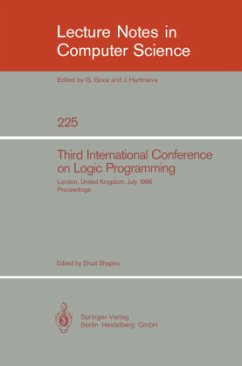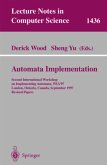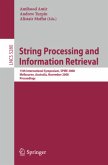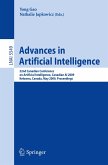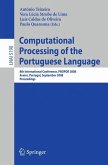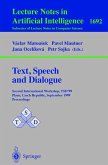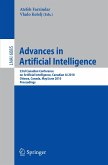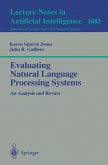The role of logic programming in the Fifth Generation Computer Project.- An abstract machine for restricted AND-parallel execution of logic programs.- Efficient management of backtracking in AND-Parallelism.- An intelligent backtracking algorithm for parallel execution of logic programs.- Delta Prolog: A distributed backtracking extension with events.- OLD resolution with tabulation.- Logic programs and alternation.- Intractable unifiability problems and backtracking.- On the complexity of unification sequences.- How to invent a Prolog machine.- A sequential implementation of Parlog.- A GHC abstract machine and instruction set.- A Prolog processor based on a pattern matching memory device.- An improved version of Shapiro's model inference system.- A framework for ICAI systems based on inductive inference and logic programming.- Rational debugging in logic programming.- Using definite clauses and integrity constraints as the basis for a theory formation approach to diagnostic reasoning.- Some issues and trends in the semantics of logic programming.- Parallel logic programming languages.- P-Prolog: A parallel logic language based on exclusive relation.- Making exhaustive search programs deterministic.- Compiling OR-parallelism into AND-parallelism.- Shared memory execution of committed-choice languages.- Logic program semantics for programming with equations.- On the semantics of logic programming languages.- Towards a formal semantics for concurrent logic programming languages.- Design of a Prolog-based machine translation system.- Parallel logic programming for numeric applications.- Sequential and concurrent deterministic logic grammars.- A parallel parsing system for natural language analysis.- Equivalences of logic programs.- Qualified answers and their application to transformation.- Procedures in Horn-clause programming.- Higher-order logic programming.- Abstract interpretation of Prolog programs.- Verifleation of Prolog programs using an extension of execution.- Detection and optimization of functional computations in Prolog.- Control of logic program execution based on the functional relation.- Declarative graphics.- Test-pattern generation for VLSI circuits in a Prolog environment.- Using Prolog to represent and reason about protein structure.- A New approach for introducing Prolog to naive users.- Prolog programming environments: Architecture and implementation.- Design overview of the NAIL! System.- A superimposed codeword indexing scheme for very large Prolog databases.- Interfacing Prolog to a persistent data store.- A general model to implement DIF and FREEZE.- Cyclic tree traversal.- Completeness of the SLDNF-resolution for a class of logic programs.- Choices in, and limitations of, logic programming.- Negation and quantifiers in NU-Prolog.- Gracefully adding negation and disjunction to Prolog.- Memory performance of Lisp and Prolog programs.- The design and implementation of a high-speed incremental portable Prolog compiler.- Compiler optimizations for the WAM.- Fast decompilation of compiled Prolog clauses.- Logic continuations.- Cut & Paste ¿ defining the impure primitives of Prolog.- Tokio: Logic programming language based on temporal logic and its compilation to Prolog.- The OR-forest description for the execution of logic programs.

